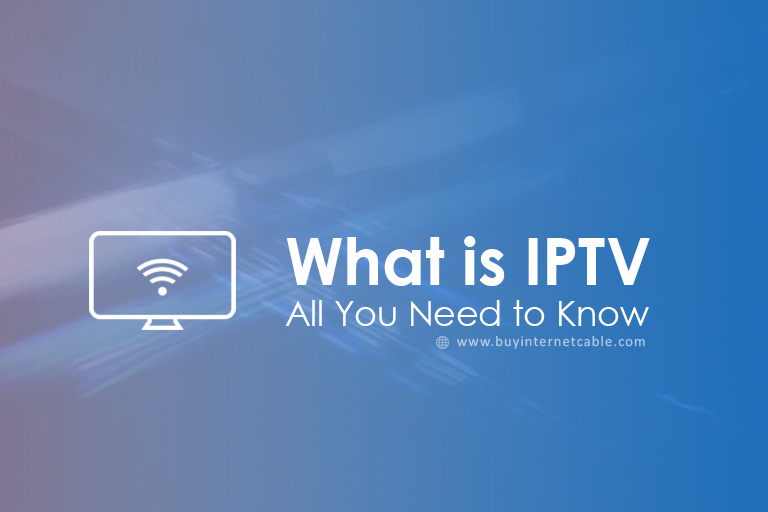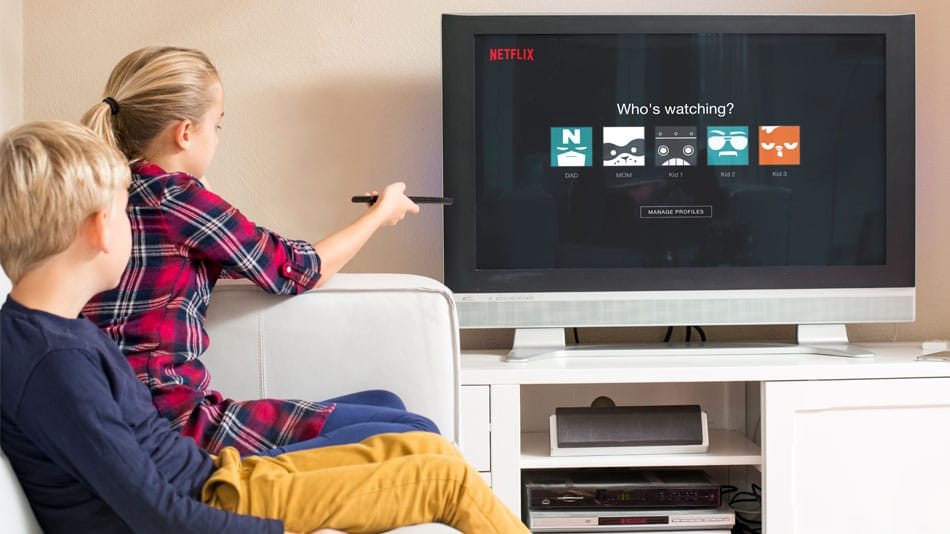Anyone familiar with online streaming might have come across the term IPTV. This technology has helped significantly during the transitional phase of the cable towards Internet-based streaming.
Table of Contents
Introduction to IPTV
IPTV standards for Internet Protocol Television. It makes it possible to deliver digital television programming over the high-speed broadband Internet using Internet protocol. In other words, TV programming isn’t delivered through a cable provider or a satellite, but rather a broadband connection.
There is a complicated network architecture behind the making of this service. Lots of transcoding is involved from traditional signals to IP-friendly signals. The key difference is that you don’t have to watch what’s being broadcasted. You have the liberty to tell your provider what content you wish to watch and they will send that to you immediately.
It’s pretty much similar to Hulu and Netflix but you would get access to TV instead of just syndicated shows or movies. Here are different forms of IPTV other than these:
- Online-only TV providers like Cox Package, Sling TV, and PlayStation Vue
- Apps of TV networks like BBC iPlayer and FOX Now
- Free live TV websites
- Third-party subscription services for IPTV
- Plugins for apps such as Emby, Kodi, and Plex
Is IPTV Free?
IPTV is not a free service. You will need a subscription-based M3U link for playing live TV channels in HD. You might happen to find free M3U files with limited TV channels but the picture quality will be poor. To enjoy watching content, it’s ideal to have an M3U provider or subscription to IPTV service.
Where to Get the IPTV Subscription From?
A large number of providers are offering IPTV subscriptions these days. Just Google it and you will see a list of providers. Check their trial version to test the service and make sure they provide your favorite channels.
The Need for Set-Top Box
The traditional TVs are not equipped for IPTV so you might need a set-top box to translate what you receive over the Internet and convert it into a format your TV can read.
Some satellite and cable TV providers are offering IPTV but typically, this service is delivered over a closed network system. If you are going to watch the content on your PC, you won’t need a set-top box then.
How Does It Work?
Once you have bought the IPTV subscription, it can run on any device that supports the M3U formula or portal like multimedia programs, VLC player, Smart TV or even a simple TV. Cutting to the chase, these are the devices IPTV support:
- Smart TVs as they have built-in IP support which can be directly connected to a Wi-Fi network.
- PCs, games consoles, tablets, and smartphones in which you can download the IPTV player from start streaming.
- Traditional TVs use set-top boxes like Amazon Fire Stick, and Apple TV to access the streaming service. If you are a traditional cable service user, you can opt for the Cox TV app service for streaming.
Distribution Channels
IPTV is delivered and distributed by an IPTV service. There are 3 different classifications for that:
-
Live TV
Users get to watch live TV transmissions with minimal latency. Internet Group Management Protocol Version 2 is used for this purpose.
-
Time-shifted media
This distribution is also known as digital video recording. It lets you watch broadcast TV using the digital recording of the TV shows. However, DVR devices are not involved. Users can watch live events as well as replays of their favorite shows.
-
Video on demand
You can choose your favorite show from a catalog and watch them on-demand as many times as you want.
Is IPTV Legal?
Yes, IPTV is perfectly legal. It’s even ok to use the free M3U playlists files. The online-only TV providers, streaming services,s and TV network apps – all have fully licensed channels.
Some IPTV services are illegal though. To identify them, consider these pointers:
- When the source is not from the provider who holds the content rights
- When there is a lack of official structure in the business
- The picture quality is determinant
- Geo-restrictions (particularly when you are trying to access the service outside the country of origin)
Do I Need a VPN?
Even though IPTV is legal, some users prefer using a VPN to stream. It’s a great tool if you want to ensure your anonymity while streaming online.
VPN is a service provider that encrypts your Internet connection and hides you as well as your content from prying eyes. When you will use a VPN, your Internet Protocol TV service and an Internet Service Provider will not know what you are streaming and from where.
Benefits of Using IPTV
There are three major benefits that have got consumers to ditch the cable and stream IPTV:
-
It uses less bandwidth
IPTV uses a switched IP network for delivering content. This means it uses less bandwidth since the content is housed on the network. The user can then stream whatever content they choose to. When it comes the traditional TV network, they broadcast video content constantly to the set-top box. Consumers have to decide from so many options.
-
It’s affordable
It’s less expensive compared to standard cable or satellite. Your monthly bill reduces by 10 times if you choose IPTV. That’s many customers reach out to Cox customer care to switch from cable subscription to their Choice package.
-
More perks
You will get your hands on some advanced perks with IPTV. You can access the Internet from your TV along with viewing a program. Some advanced Internet Protocol TV systems also let you access your PC from the TV as well. Then, of course, you will have other smart features like using your smartphone to schedule DVR recording or changing parental controls.
Final Thoughts
With the right Internet Protocol TV provider, you can stream whatever channel you wish to on your Smart TV, PC, tablet, or game console. IPTV is great but it is still in its development phase. Presently, its growth is limited because of the availability of cable and limited bandwidth.




